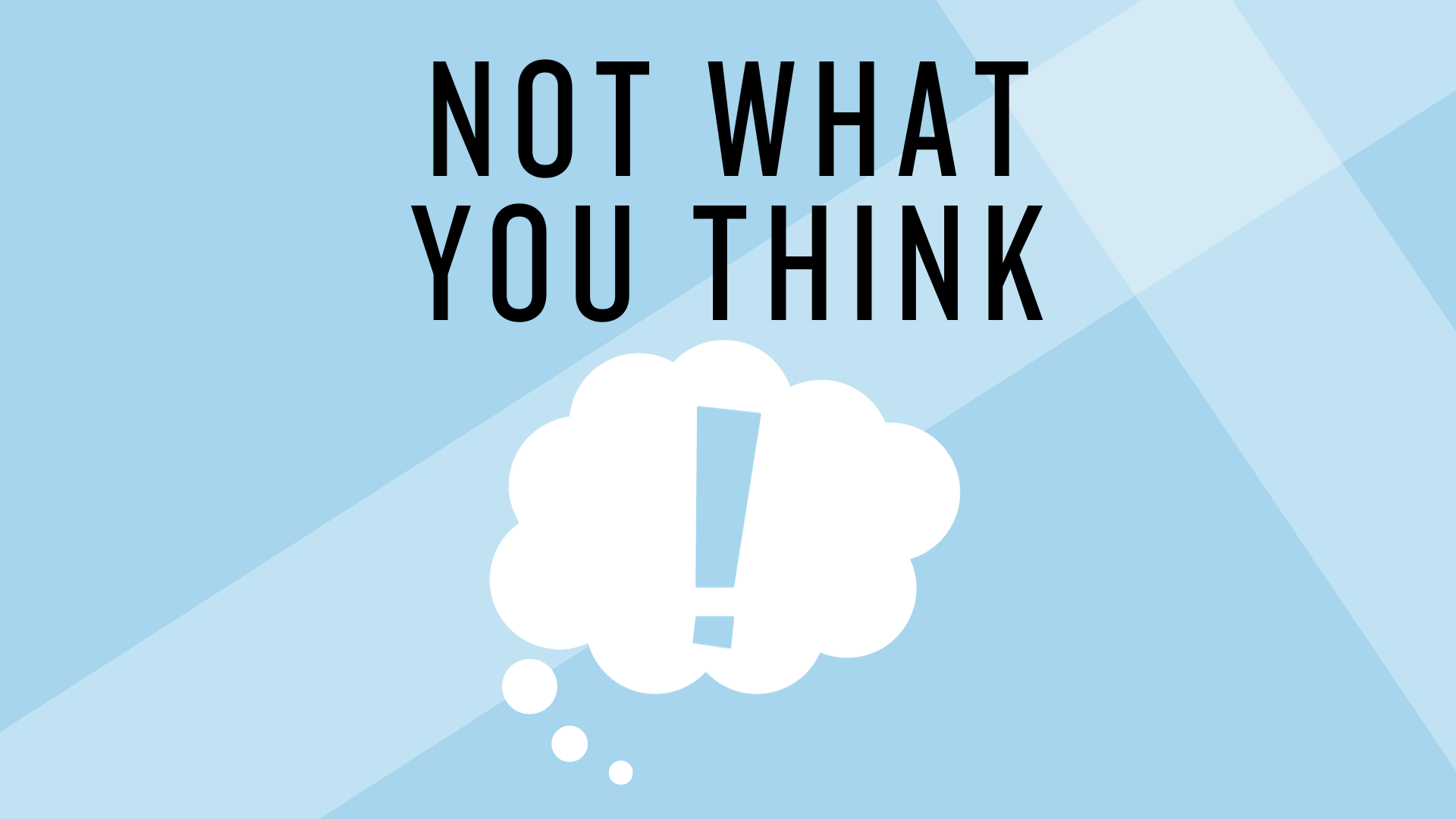What is Prophecy? Pt. 1

Scroll down and click play to listen along.
Remember to download today's worksheet by clicking below.
Main Question for today...
Is Prophecy what we think it is?
The purpose of this series is to use a biblical approach in studying the characters, themes, and teachings of the Bible in order to bring us to a more mature faith in God.
As we look at prophecy in the Bible today, consider how your perspectives of prophecy changes as we learn from the biblical function of this genre.
Opening thought
Imagine you are sharing your faith with someone who is not a Christian and they ask you "Hey, I've heard of prophecy before, but I don't know anything about it. Tell me what prophecy is and tell me its function in the Bible." What would you say?
Our understanding of prophecy may include...
Future telling of events yet to come
Revealing hidden/unknown knowledge
Prophecy is reserved for only a select few
Judgement and punishment
Pointing to Jesus as the Messiah
Prophecy is a powerful genre and tool used throughout the Bible. It speaks to future judgement and messianic expectations. But prophecy is not all that we think.
Consider this...
Future telling and Jesus pointing are both extremely important functions of prophecy. However, it is not the only function. One could even argue that it isn't even the main functions of prophecy when we examine the entirety of Scripture.
Future telling and Jesus pointing is the direct result of a domestication of the prophetic voice in order to tame it, make it sound less harsh, and to domesticate it for those in positions of influence.
The Constantinian Shift
The battle of Milvian Bridge took place in 312 CE/AD
As Constantine was preparing for battle, he saw a symbol in the sky and and voice saying "Conquer by this." He won the battle and he concluded that Christianity was lucky for winning wars.
Christianity is no longer illegal!
Within a few decades, Christianity became extremely beneficial for those who wanted promotions, getting laws passed, get invited to parties, get government contracts, and priests got tax breaks.
By 380 CE/AD, Christianity became the official religion of the Holy Roman Empire. However, these events were not as great for the Christian faith as we may think.
People began joining the church, not for Jesus, but to get the perks and benefits listed above. So now the church is filled with people who may or may not be Christian.
Prophecy has three major functions
Speaks to power
2 Sam 12-- Nathan confronting David's sin
1 Kings 18-- Elijah challenging Ahab and the prophets of Baal
Advocates for the poor and needy
Isaiah 1:17
Amos 5:11-12
Speaking truth
Jeremiah 1:17-- Jeremiah was the "weeping prophet" but he still spoke truth
1 Kings 22-- Micaiah as the bearer of unfavorable news to Ahab
Do those in power like to be questioned or lose their power? Why or why not?
Imagine you are a prophet/minister/disciple of Jesus who has been called to speak against a King's unjust actions. How well do you think it would go for you?
Now imagine you're a prophet under the same Empire, Rome, that put Jesus to death. How would you preach to Julias Caesar/Constantine/ etc. who is sitting in the front row of your local church?
Can you actually speak truth, speak to the powerful, and advocate for the poor if you are directly preaching to the one who is ruling against God’s rule, someone who seeks more power, and someone who is actively taking advantage of the poor? Why or why not?
So preachers, ministers, and prophets had to shift towards a “safter teaching” of the prophets so they wouldn’t get in trouble, or to keep their government contracts, or to keep their tax breaks, and still get invited to parties.
Anti-Jewish Polemic
What was the biggest issue in the synagogues between traditional Israelites and Christ following Israelites? What happened between these groups?
How did the early Christians defend Jesus as the Messiah? What texts did they point too?
What were the natural results of using the prophets this way?
After the first generation of Christians, what people group later made up a bulk of Christians?
What do you think the interactions and relationships between the Israelites and the Gentile Christians looked like after the first few decades (post-70 CE after the destruction of the temple)?
Take away
Why were the prophets domesticated? How did this impact our understanding of the prophets?
What are the results of only using prophecy as a "Jesus-pointing" tool for Centuries?
What does all of this mean for us today?
